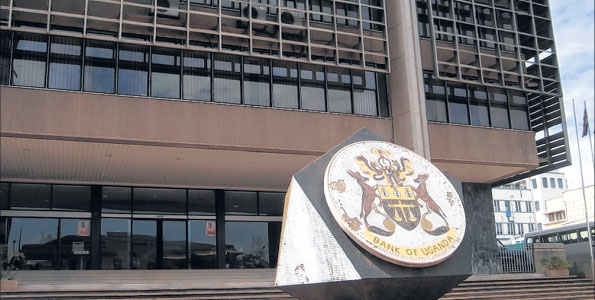The recent probe announced by Parliament into the supervisory and operational competences of Bank of Uganda is a welcome step that will go a long way in finding a lasting solution to the problems facing the banking sector in Uganda.
It is important to note that the banking sector is a very import segment of a country’s lifeline, because its vibrancy is one of the prerequisites for a good environment that helps attract foreign investors, and also helps boost banking by locals, which also in turn helps them develop the confidence to save with the banks.
By law, the Central Bank is mandated to ‘formulate and implement’ monetary policies that ensure economic stability, and any lapse on the part of the BoU in that regard can have dire consequences for the commercial banking sector and the entire economy.
Needless to mention, over the past couple of months the banking sector in Uganda has faced very serious challenges following the closure and boarding off of the Crane Bank, one of the few commercial banks in the country that is owned by indigenous Ugandans.
However, that came against the backdrop of the Crane Bank being voted as one of the best financial institutions in the country; so how was it possible that the same bank turned villain overnight without the BoU realising? This might give rise to a few questions that could be of interest to the Parliamentarians.
- Could such glaring anomalies be the result of lacklustre Supervision and Audit on the part of the Central Bank in general?
- Are external audits periodically carried out for all commercial banks in the country and if so, by who?
In that respect, the first and most concentrated sting should be directed at the BoU’s Supervision Directorate, the one that is responsible for ensuring that commercial banks and other financial institutions abide by the regulations.
So, needless to say Ugandans, through their representatives, are waiting to be given satisfactory answers by officials of the BoU (supervision directorate), regarding the unending questions that have dogged the commercial banking sector over the past few years.








